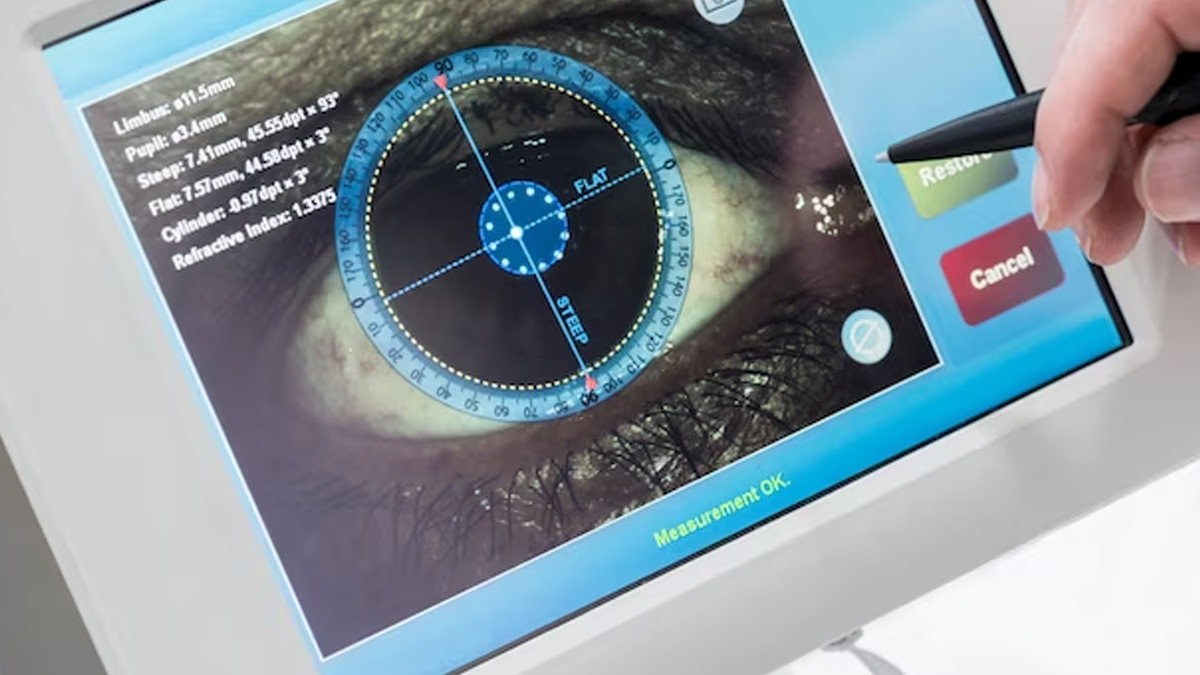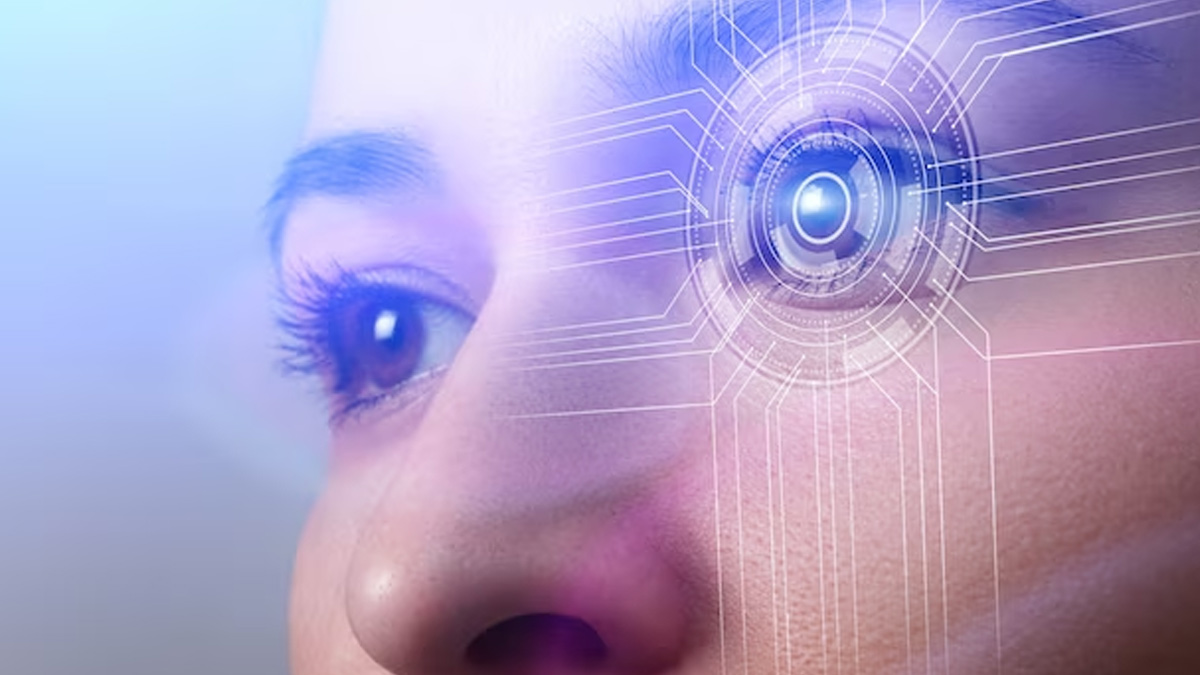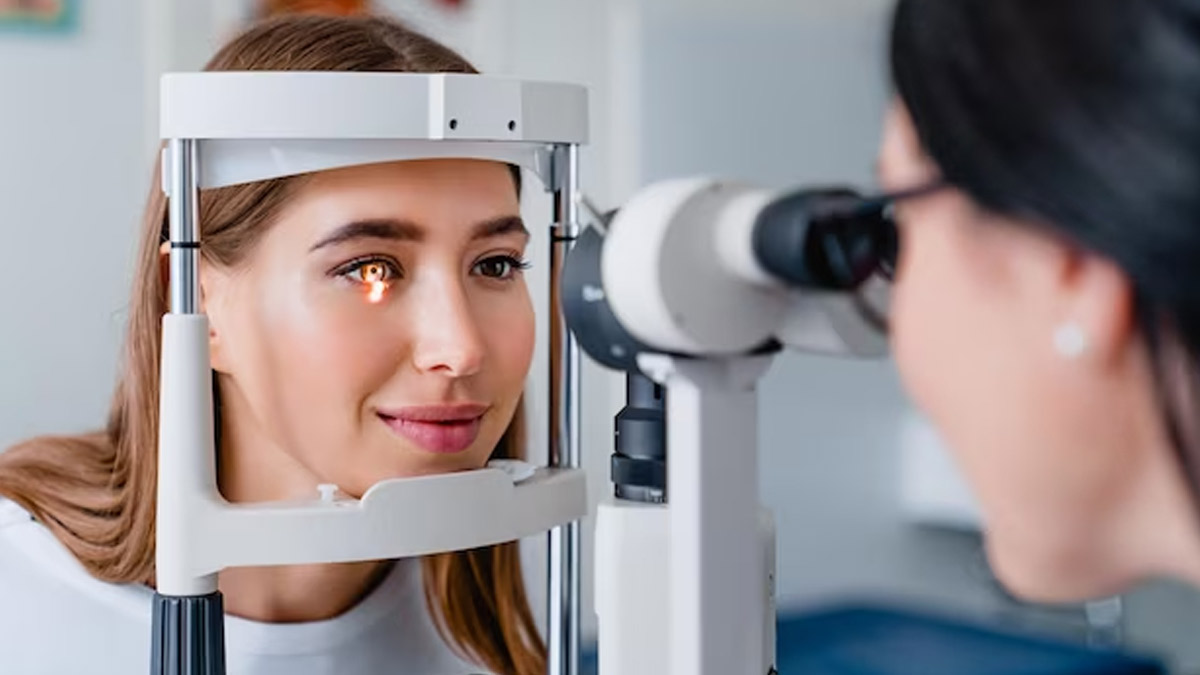In an age where artificial intelligence (AI) is gaining significant traction, the eyes might just be the windows to something more profound- your heart’s health. No longer confined to the realms of science fiction or speculative future medicine, AI is enabling medical experts to use seemingly innocuous eye scans to predict risks of coronary diseases. This isn’t just a minor enhancement over existing medical protocols; it’s a seismic shift that has the potential to preemptively identify cardiac issues and thereby save millions of lives every year.
A look at the statistics
According to Dr Kamal B Kapur, Medical Director & Co-founder of Sharp Sight Eye Hospitals, heart disease remains India’s leading cause of death, with approx 13% of total deaths attributed to cardiovascular ailments. Traditionally, assessments like blood tests, Electrocardiograms (ECG), angiography and stress tests have been deployed for evaluation. These tests, however, can be invasive, expensive, and not always accessible to the rural populace.
The science behind it
Researchers have recently revealed that (retinal images of blood vessels in the back part of the eye)these images can hold vital clues to cardiovascular health.
A study conducted by Google in collaboration with Verily Life Sciences discovered that machine learning algorithms could analyse retinal scans to predict an individual’s age, blood pressure, and smoking habits, all significant factors in coronary health.
Another study led by Indian researchers used AI to analyse more than 3,000 retinal images, finding an 89% accuracy in predicting heart diseases in future.
Also Read: Mandatory Eye Tests For People Aged Above 45 years

How does it work?
Dr Kapur explains, the eyes, specifically the retinal blood vessels, share similarities with the coronary arteries. Changes like narrowing or ballooning in these vessels can be indicative of similar changes in the heart.
AI systems are trained to recognize these variations, making eye scans a non-invasive technique to anticipate coronary ailments.
Accessibility and Affordability
The potential for scaling this technology is monumental, especially in India. Retinal scans are less expensive than traditional heart screening methods, thereby becoming more accessible to the general populace. “With AI, these scans can be analysed more quickly and accurately, making it a feasible option for mass screenings, even in rural settings where healthcare is limited,” shares Dr Kapur.
Also Read: Restoring Vision Through Eye Donation, A Noble Act That Requires Awareness
Watch this video for some eye yoga exercises:
Ethical Considerations
While this emerging technology promises revolutionary changes in healthcare, it also brings forward ethical questions about data privacy and machine bias. Regulatory frameworks are essential to ensure that the technology does not disproportionately affect specific demographics.
Democratising Healthcare
Dr Kapur explains, “One of the most compelling aspects of AI-driven eye scans is the democratisation of healthcare. In a country as diverse and expansive as India, getting healthcare services to the last mile has always been a challenge.”
Advanced technologies like AI can substantially bridge this gap. In small healthcare clinics or even mobile healthcare vans equipped with the required scanning technology, retinal images could be captured and sent to central servers for analysis. This instant analysis and feedback mechanism could allow doctors in remote locations to diagnose and initiate treatment plans far quicker than traditional methods, thereby potentially saving lives in real-time and in future.
Also Read: Role Of Technology In Escalating Preventive Healthcare In India

The future outlook
AI in healthcare is still in its infancy, but the strides it has taken are remarkable. While retinal scans for predicting coronary ailments may seem futuristic, they are closer to reality than we think. However, for this technology to become a standard diagnostic tool, more extensive research and clinical trials are required. The studies must span diverse populations to eliminate machine bias and validate the efficacy of the findings.
Dr Kapur concludes by saying, “Healthcare providers and tech companies are forming strategic partnerships to accelerate the development of this technology. Organisations like the National Institute of Health (NIH) and the Indian Council of Medical Research (ICMR) are showing keen interest in furthering this research.”
The road ahead
AI’s promise in revolutionising healthcare through eye scans for coronary illness is not just an exciting technological advancement; it’s a necessary evolution. In a country like India, where healthcare disparity is glaring, this fast and economic technology could be the tipping point in making quality healthcare not just a privilege but a right.
“Thus, as we venture deeper into the labyrinth of AI’s potential, we find that the eyes are not just the windows to the soul but perhaps also a lens into the future of medicine itself,” concludes Dr Kapur.
Read Next
Depression Getting In The Way Of Work? Expert Shares Tips To Stay Productive And Get Things Done
link

